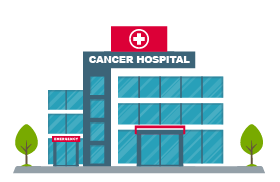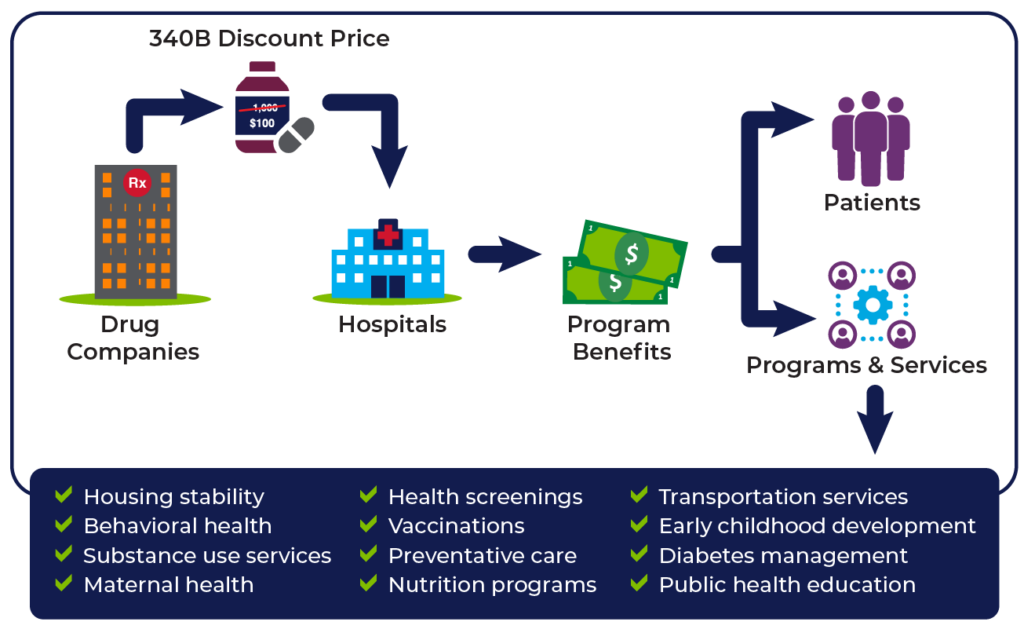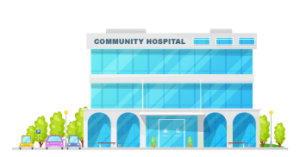
Specialty Hospitals

Children’s Hospitals


The powerful pharmaceutical industry has mounted a coordinated national effort to weaken 340B, even though this discount program accounts for just 3 percent of drug companies’ profits globally.1 Despite the minimal impact to pharmaceutical companies, 340B is an essential lifeline for 68 participating Colorado hospitals; 89% of which operate with low or negative margins.
Recently, drug manufacturers have started to require hospitals to only contract with one pharmacy to access 340B drugs – despite the fact that hospitals use over 2,500 pharmacies to ensure patients can access their medications. Restrictions and limitations on contracting unnecessarily restricts patients’ access and creates barriers for low-income and vulnerable patients to obtain their life-saving medications.
1 The 340B Drug Pricing Program

Protecting the 340B program will preserve its numerous benefits of improving care access for patients, managing overall health care costs, and helping to keep local hospitals viable. Without it, many patients will struggle getting the affordable medications and critical health services they need, jeopardizing their health and wellbeing. Coloradans cannot afford to see the program weakened.
Federal law is silent on this issue, leaving it to the states to safeguard the 340B program and its benefits. Recent court verdicts have universally sided with 340B providers, making it clear that “drug delivery” lies within the jurisdiction of the states. Colorado needs to statutorily prohibit manufacturers from limiting access to one contract pharmacy and pursuing other “false ceiling” restrictions on the 340B program.
Colorado is home to 68 hospitals who participate in the 340B drug pricing program.





Eligible providers must register and re-enroll annually to certify compliance, and are subject to Health Resources and Services Administration and manufacturer audits. Safety net providers must also document compliance methods to ensure no duplicate Medicaid discounts are applied and medication is only given to existing 340B patients. Non-compliance findings result in fines, corrective action plans, and possible termination from the program.
